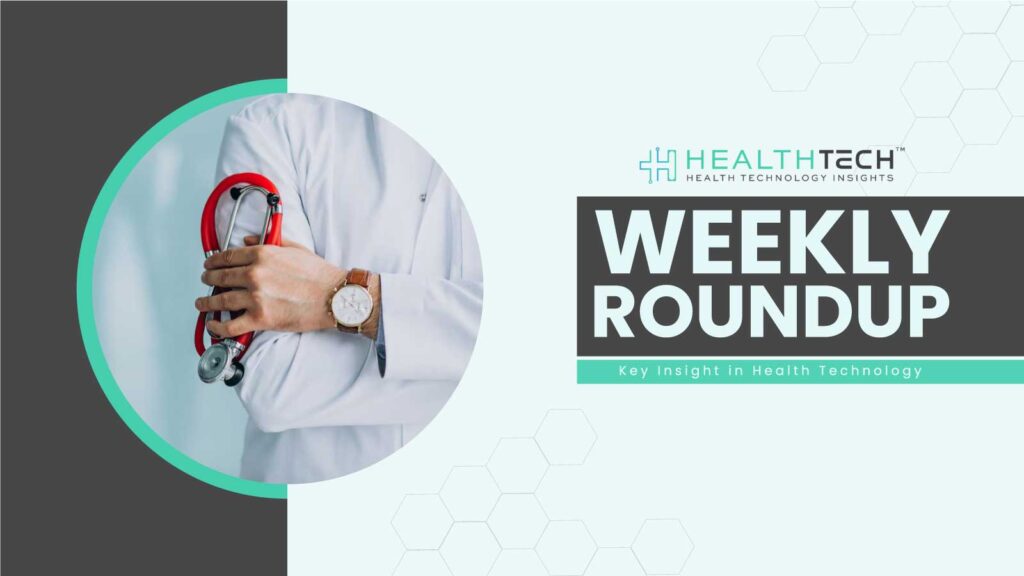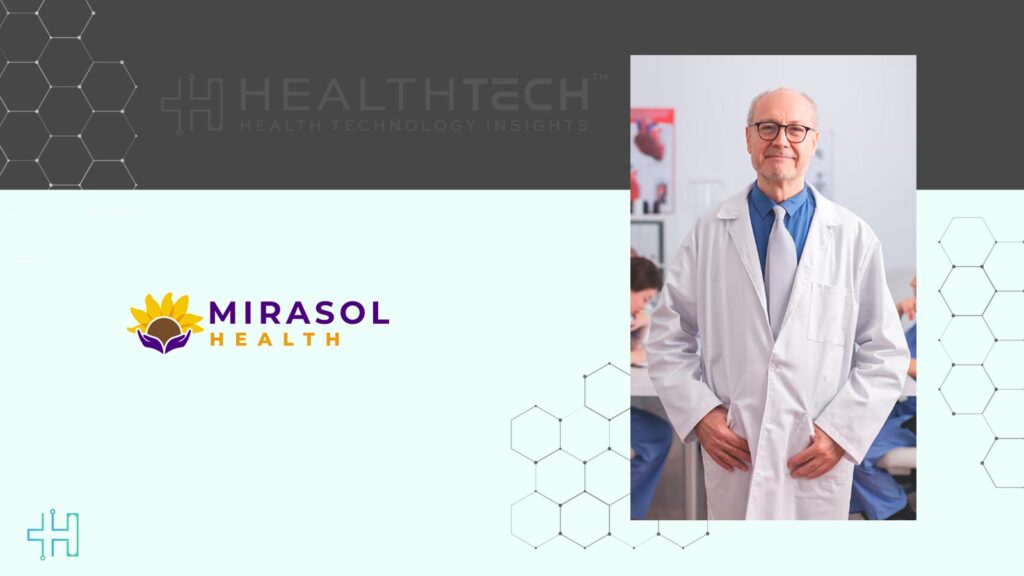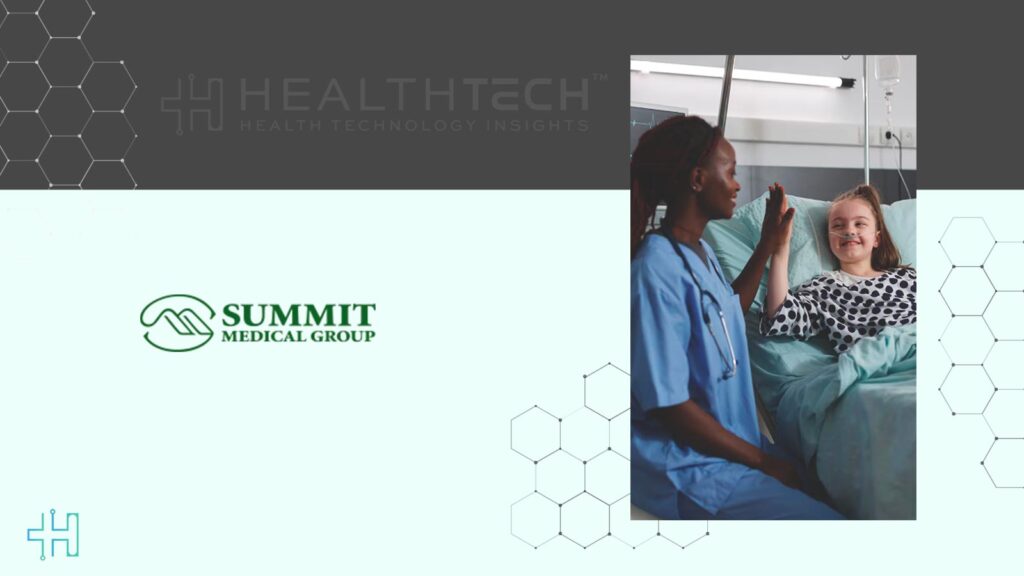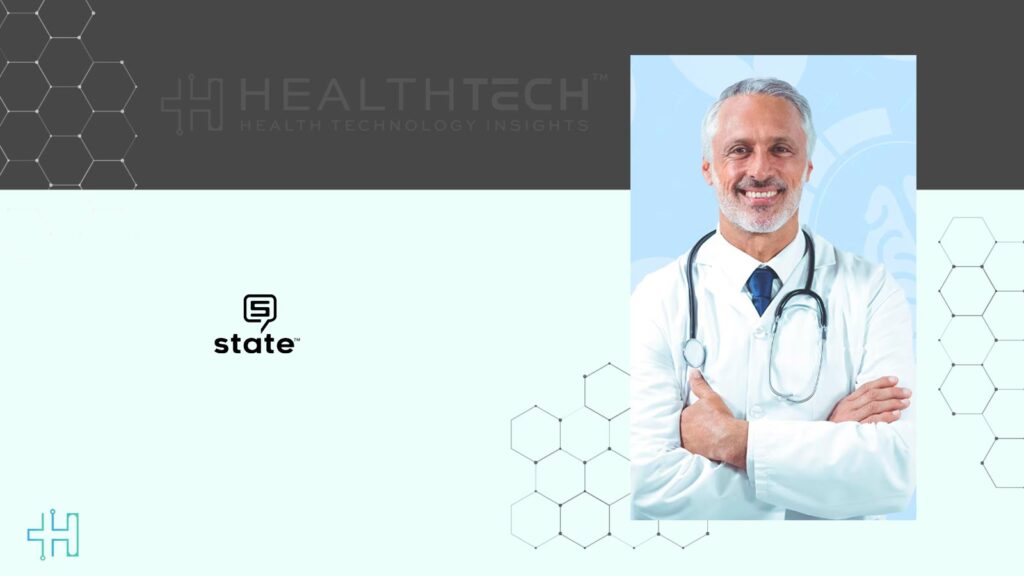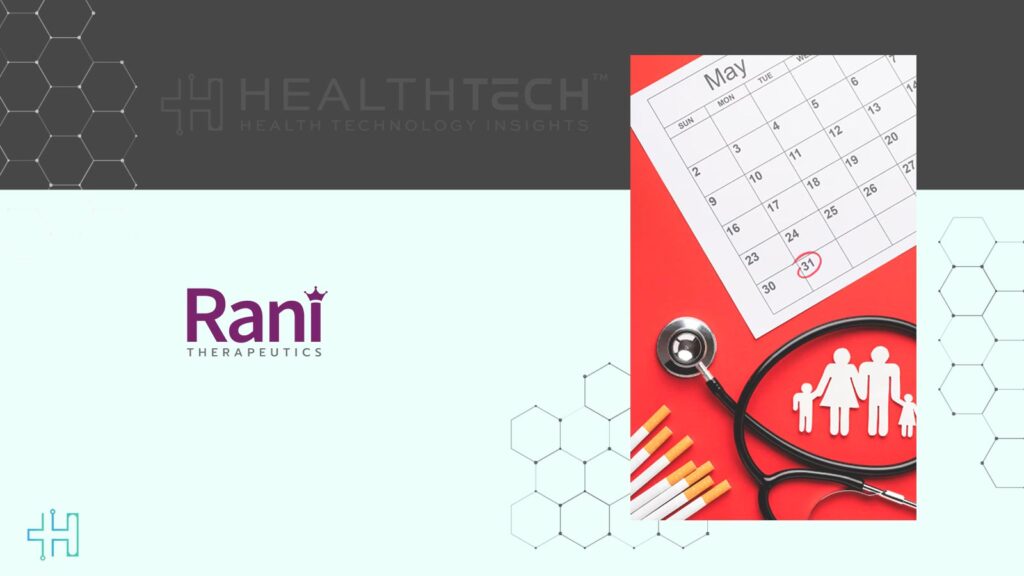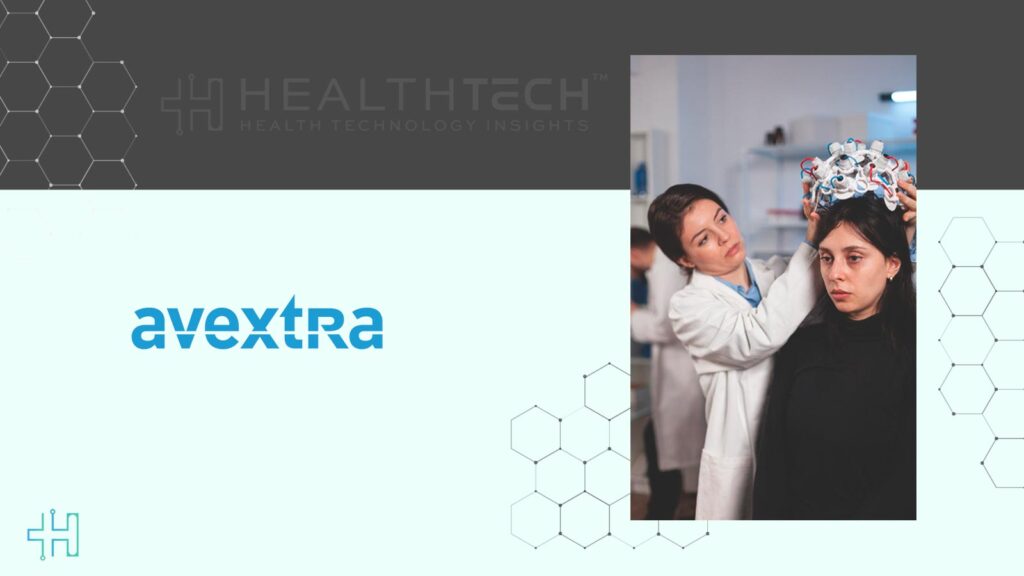A new report from Corti and YouGov has revealed that a third of U.S. healthcare professionals using AI are spending up to three additional hours weekly correcting it. This revelation comes as Corti announced a breakthrough approach to healthcare AI: specialized foundation models designed and trained to help AI deliver on its original promise to healthcare – to make time for patients, not take it away.
The announcement comes at a pivotal moment for healthcare AI adoption. While 74 percent of healthcare professionals in Europe support AI use in practice, 52 percent say they wouldn’t feel confident using current AI solutions in their work. This crisis of confidence has contributed to what industry experts call “pilot paralysis” – widespread AI trials that fail to advance beyond testing due to accuracy, cost, and integration challenges.
Health Technology Insights: HealthStream Launches HealthStream Learning Experience (HLX) Application
“We could be entering a golden age of healthcare AI, with over 60 apps now focused on scribing alone,” said Lars Maaloe, co-founder and CTO of Corti. “It’s exciting progress, but many of these tools rely on general-purpose AI that isn’t built to integrate or adapt to the complexities of healthcare. At Corti, we’ve developed specialized infrastructure and APIs that empower these apps to go further – enabling them to deliver smarter, more reliable solutions that can adapt to clinicians’ needs.”
Announcement introduces three specialized models, built on nine years of peer-reviewed research and trained exclusively on healthcare data. Together, Corti’s foundation models form the most powerful and adaptable AI infrastructure in healthcare – delivering faster, more concise, accurate, and cost-efficient performance than the leading Large Language Models on the market (see comparison to GPT-4).
Health Technology Insights: Smart Opinion Initiates AI Model Proof-of-Concept Experiment with, Mayo Clinic
High-performing across multiple languages and medical specialties, Corti’s AI complies with strict medical regulations, offering transparency, explainability, and results that augment – not replace – healthcare professionals. Inspired by medical residency, the system adopts an “AI residency” approach: a training process through human supervision that gradually takes on more responsibility:
- Solo, a fast model with audio reasoning. Builds expert clerk and transcription agents, handling complex medical terminology in over 10 languages while integrating effortlessly with existing systems
- Ensemble, a powerful model focused on exceptional documentation. Builds agents that turn consultations into action, transforming medical discussions into structured documentation that is 25 percent more concise and more accurate than general-purpose AI.
- Symphony, merging powerful reasoning with speed: Builds agents for real-time clinical support, operating 35x faster than GPT-4 and providing evidence-based insights during patient consultations
Health Technology Insights: Lumicell Announces U.S. Launch and First Commercial Use of LumiSystem
In addition to these core models, customers can integrate up to 20 expert models that function like healthcare specialists – purpose-built to build agents that tackle tasks like medical coding, quality control, and summarization. This flexible architecture ensures seamless integration into existing workflows, helping healthcare systems leverage AI without the disruption or uncertainty often caused by solutions wrapped around general-purpose models.
“Just as we wouldn’t let a medical student perform surgery without proper training, we shouldn’t trust AI systems that haven’t been specifically trained and validated for healthcare,” said Frederik Brabant, MD and Chief Medical Strategy Officer at Corti. “When over half of healthcare professionals say they wouldn’t feel confident using current AI solutions in their work, we know we need specialized solutions that can build sector confidence and safely meet healthcare’s unique demands.”
Health Technology Insights: OnDoc.ai and Valet Health Partner to Revolutionize Patient Education with Physician Avatars
Professor Serge Belongie, Director of the Danish Pioneer Centre for Artificial Intelligence, underscored the technical significance: “General-purpose AI has its limits in the intricate, high-stakes world of healthcare. Corti’s dedication to building specialized models redefines what’s possible. By grounding their technology in healthcare-specific training and rigorous validation, they’ve created systems that not only meet but exceed the critical demands of AI for this field. Their work is a testament to the power of domain-specific AI to advance patient care and set a new benchmark for responsible and effective innovation.”
Seattle Fire Department Assistant Chief Lombard, said, “As an early partner of Corti, we’ve witnessed how their specialized healthcare AI transforms emergency care. Their purpose-built technology has enabled us to increase appropriate nurse triage referrals significantly, reducing pressure on public safety while maintaining excellent patient care. This evolution in their AI infrastructure reaffirms our choice of a partner truly dedicated to healthcare.”
Health Technology Insights: JPA Health Launches Investor Relations Practice, Expanding Suite of Services
“By 2030, we’ll face a global shortage of 10 million healthcare professionals and yet our study shows that today, a quarter consider leaving their job every single week,” added Andreas Cleve, Corti’s co-founder and CEO. “We can’t afford AI solutions that create more complexities or increase risk. The stakes are simply too high when it comes to patient care. It’s time to return to the roots of AI in healthcare, aim higher, and set a new standard across the industry.”
To participate in our interviews, please write to our HealthTech Media Room at news@intentamplify.com
Source – prnewswire


